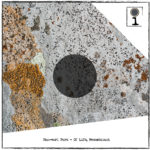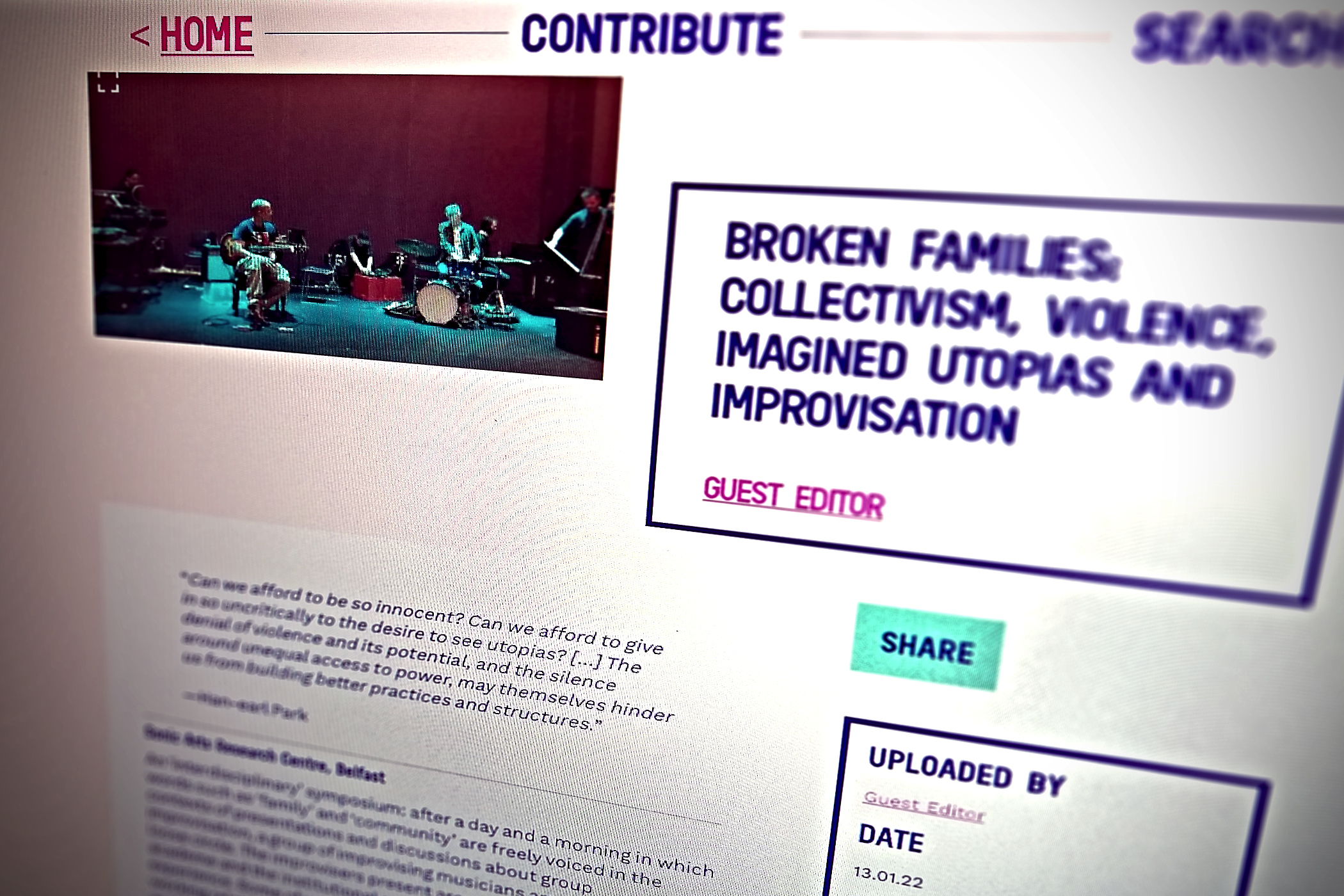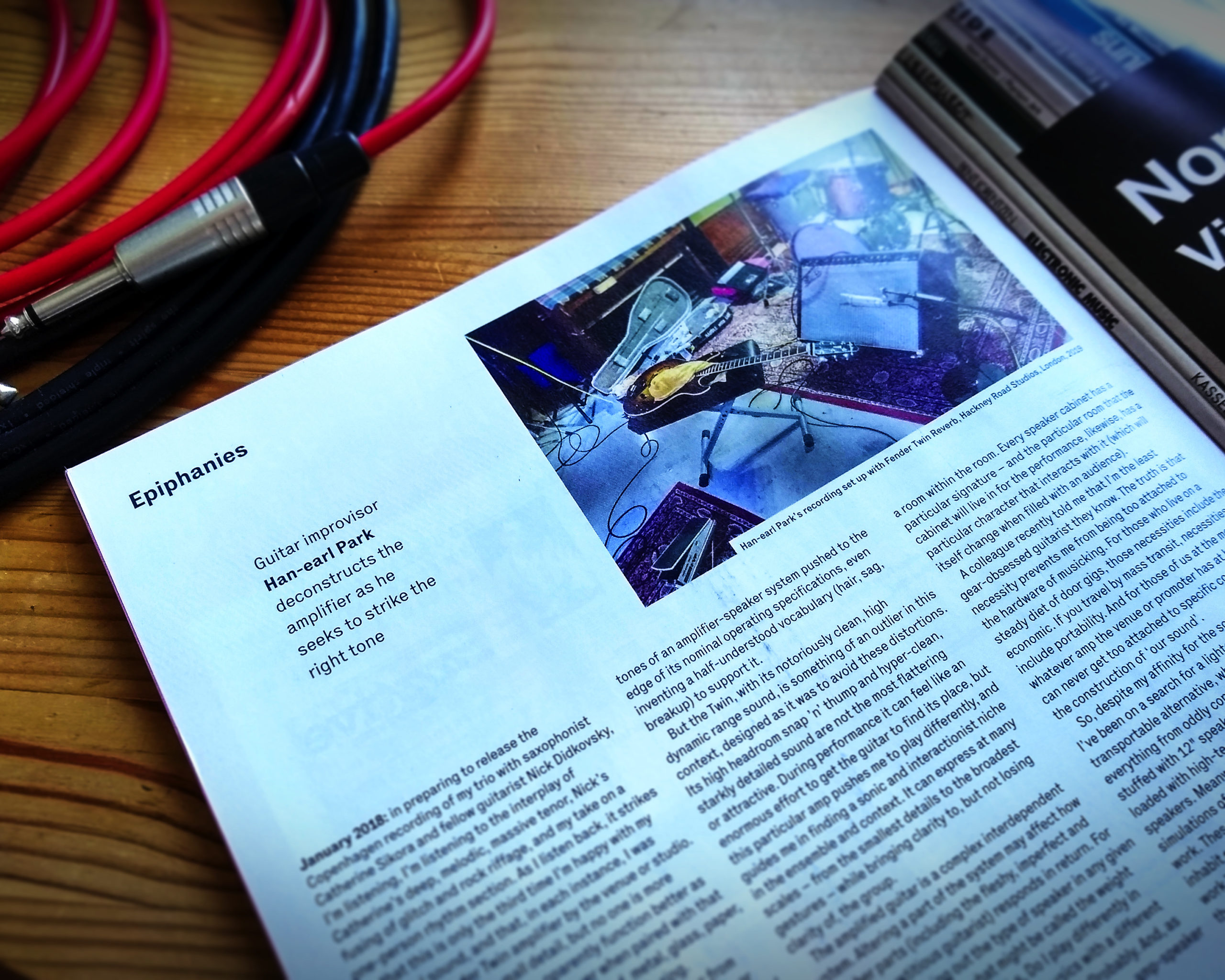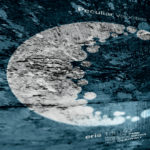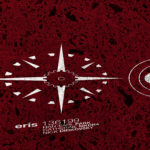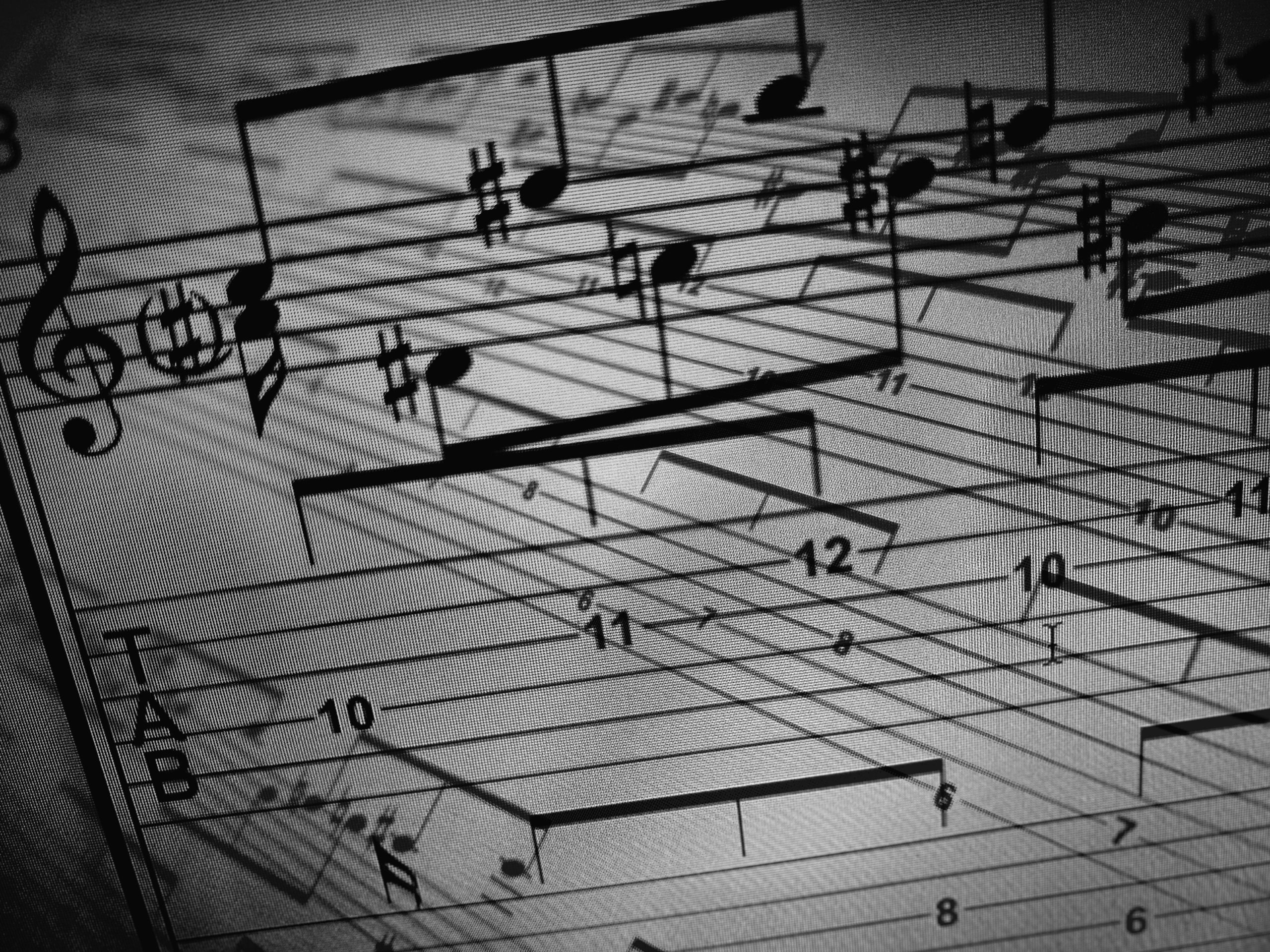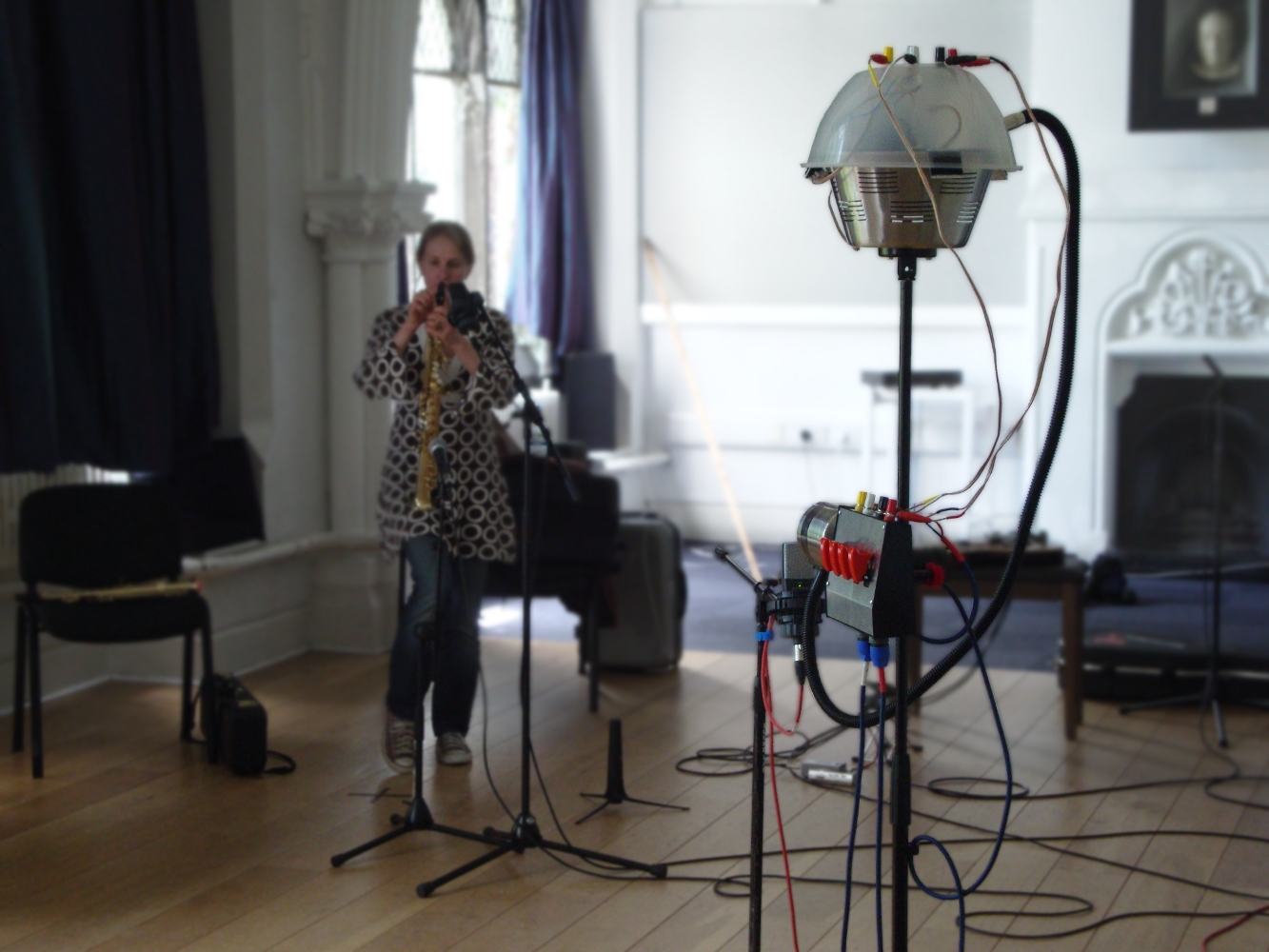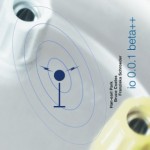A new galaxy in Park’s universe? David Lynch vs. Andrei Tarkovsky? And what’s hidden that will be unearthed? Lee Rice Epstein reviews Of Life, Recombinant (NEWJAiM9) in Free Jazz:
Of Life, Recombinant tells multiple stories at once, opening up a wide aperture and displaying stunningly drawn vistas. The four-song suite makes for a fantastic headphone album, as small details invite your attention ever more deeply throughout…. The fugue-like state is but one-layer of Park’s suite. As they progress, ‘Game: Mutation,’ ‘Naught Opportune,’ ‘Are Variant,’ and the 30-minute ‘Of Life, Recombinant’ continually pitch one direction, pivot on multiple axes, and branch out in new directions. That’s true as much for the sonics—with pre-recorded material mixed and matched over itself—as it is for the emotional throughlines, in some cases leading listeners down long corridors of chilly anticipation, in others playing up the subtle intimacy of quiet tones…. And unmistakably, Park’s guitar is itself a treasure chest of delights—long, thrilling sections of beauty fold into chilly, dread-inducing dreamscapes, each of which will enchant and delight in equal measure. [Read the rest…]
[About this album…] [Get the CD/download from NEWJAiM (Bandcamp)…] [All reviews…]
Creative Dead Ends in Music
Elsewhere, J. Vognsen, writing in Perfect Sound Forever, asked composers and performers (including myself) for our thoughts on failure in the context of creative work: “Why does some music end up not in the ears of listeners but in the dustbin, or perhaps never leaving the mind of the creator in the first place?”
Every piece I do leaves behind detritus of a creative life: abandoned exercises, studies, mockups, etcetera. A lot of my time and energy as a performer, specifically as an improviser, is spent in preparation; off-stage, in practice and in study. Testing things out, sometimes speculatively, sometimes with a particular goal in mind, sometimes creating studies to more clearly define a problem or problematic; these exercises and studies can help me hone in on a particular technique or strategy, they can help me discover better ways of getting from A-to-B….
But sometimes the creative detritus can be unplanned and have a greater impact—a greater impact on energy expended, on time and effort. [Read the rest…]
The piece is very much worth reading. In particular, I enjoyed reading, and really related to, Carla Kihlstedt’s take (“my creative failures… fall into three basic categories: The Hollow, The Half-baked and The Missed Marks”), and Nick Didkovsky’s telling of The CHORD Origin Story is a total blast.
If you enjoyed that piece, please also check out some of my recent written work including ‘Broken Families: Collectivism, Violence, Imagined Utopias and Improvisation,’ and my reflections on working through times of uncertainty, anxiety, and of doubt.

